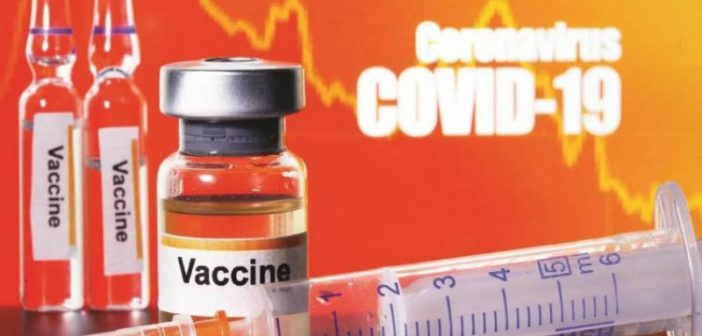Now that we are getting over the first hurdle of vaccine delivery and millions of people around the world have been vaccinated against COVID-19, the big question now is how long that immunity will last.
Several COVID-19 vaccines have been now been granted emergency use authorization, having demonstrated that they are both safe and effective. But when new vaccines are developed, it is only through ongoing wide-scale use that we can better understand their ability to prevent transmission and the duration of immunity. Because of this, it has been too soon to say exactly how long these COVID-19 vaccines will protect people, and whether we might need a booster shot further down the line.
However, now the first evidence is emerging.
On 1 April, Pfizer and BioNTech confirmed that immunity from their RNA vaccine is still going strong (91.3 percent effective) six months after the second dose. Similarly, evidence for the Moderna vaccine shows 94 percent effectiveness six months following the second dose. This six-month marker is an important milestone and both manufacturers will continue to monitor the effectiveness of their vaccines as the months roll by.
Given that we are in the midst of the largest and most rapid global deployment of vaccines, the world has ever seen, duration of immunity will be important in determining how quickly we end the acute phase of the pandemic. Because the shorter the duration, the less time we’ll have to protect enough people to stop the virus from circulating.
That is another reason why the speed of access to COVID-19 vaccines is so critical for all countries, and why countries who already have access to vaccines should donate any surplus doses they have purchased to lower-income countries through COVAX. Any delay in these countries – in all countries – getting access, risks allowing the virus to continue to circulate.
This is why COVAX, coordinated by Gavi, the World Health Organization, the Coalition for Epidemic Preparedness Innovations (CEPI), and UNICEF, has been working to deliver doses of COVID-19 vaccines in countries around the world to ensure that even the most vulnerable have equitable access.
The good news is that there is reason to believe that immunity from COVID-19 vaccines will last at least longer than six months.
Natural immunity (i.e. immunity in people who have been infected with COVID-19) can last for up to eight months, according to research published in Science. Vaccine-derived immunity can sometimes be stronger and longer-lasting, but this is by no means always the case, and so with COVID-19 vaccines the jury is still out.
The researchers in Science add that although immune memory is what leads to long-term immunity, it’s hard to predict how long immunity will last because the exact mechanisms of protective immunity used by our bodies against SARS-CoV-2 or COVID-19 are not yet known.
Both Pfizer and Moderna are currently exploring whether or not their vaccines will require boosters or genetic modifications to respond to emerging SARS-CoV-2 variants. In the meantime, while much of the world is yet to be vaccinated, the focus on getting vaccinations to everyone equitably should be our main focus. ♦
(The story originally published by GAVI, the Vaccine Alliance)




